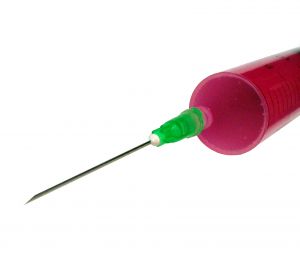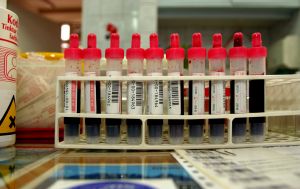Hip replacement surgery is a major operation, despite how common it has become for orthopedic surgeons. When a patient decides to undergo implantation of artificial hip, he or she can expect a lot of pain following the surgery, a lengthy recovery time, and must be careful not to disturb the healing process. This is true when everything goes correctly.
 One of the problems surgeons face is an artificial hip must be implanted in a very precise location. If it is off even by a few millimeters, the device may fail, and patient will need another operation to correct the problem. To aid in the implantation process, surgeons are now testing a new robotic surgery system that allows them to implant the device in the exact location and know if their placement is off by even the slightest degree. According to a recent article from TribLive, these new surgical robots, which cost $800,000 each, will first generate a map calculating the best location for proper alignment.
One of the problems surgeons face is an artificial hip must be implanted in a very precise location. If it is off even by a few millimeters, the device may fail, and patient will need another operation to correct the problem. To aid in the implantation process, surgeons are now testing a new robotic surgery system that allows them to implant the device in the exact location and know if their placement is off by even the slightest degree. According to a recent article from TribLive, these new surgical robots, which cost $800,000 each, will first generate a map calculating the best location for proper alignment.
After the system creates a placement map, it assists surgeons during implantation, as it gives off an audible alarm is placement is off by even half a millimeter. This will greatly increase the chances of the hip being anchored properly, which in turn will decrease pain and suffering and recovery time.
Continue reading
 Product Liability Lawyer Blog
Product Liability Lawyer Blog












